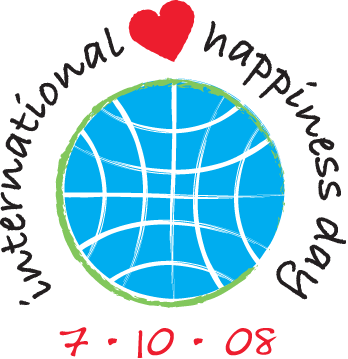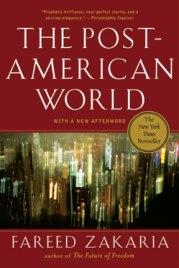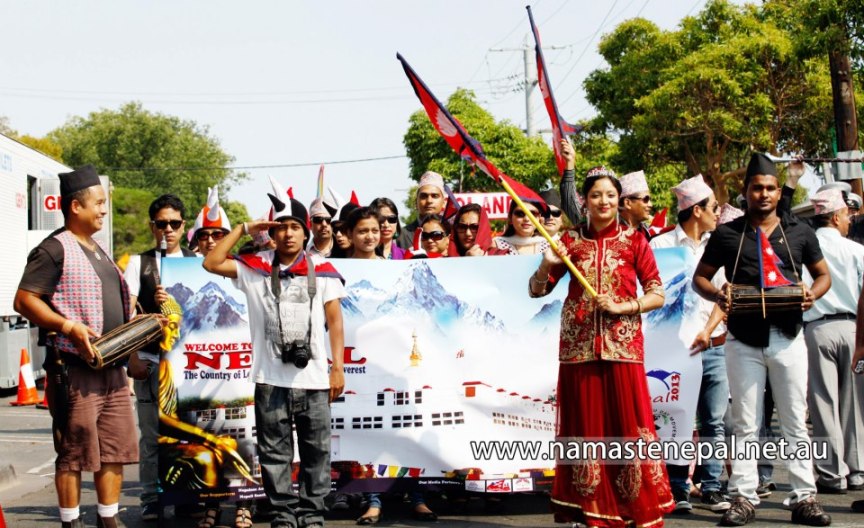By Jeffrey Sachs, Director, Earth Institute at Columbia University; Author, ‘The Price of Civilization’
 Let me be the first to wish you a very Happy Happiness Day! In case you didn’t know it, today is the first International Day of Happiness, launched by all 193 UN member states. Happiness Day doesn’t mean we’ve arrived at happiness, but it does mean that we’ve recognized that happiness is our goal — and that our societies need to work harder to promote the things that really matter in the 21st century.
Let me be the first to wish you a very Happy Happiness Day! In case you didn’t know it, today is the first International Day of Happiness, launched by all 193 UN member states. Happiness Day doesn’t mean we’ve arrived at happiness, but it does mean that we’ve recognized that happiness is our goal — and that our societies need to work harder to promote the things that really matter in the 21st century.
The fourth king of the Himalayan Kingdom of Bhutan led the way 40 years ago, drawing on ancient Buddhist wisdom. Bhutan should pursue Gross National Happiness (GNH) rather than Gross National Product (GNP) like the rest of the world. Since then, Bhutan has been experimenting with a new holistic approach to development that emphasizes not just economic growth but also culture, mental health, compassion, and community. Bhutan is searching for a balanced society.
It’s a worthy search. Bhutan aims to avoid the Easterlin Paradox that grips the US. Professor Richard Easterlin discovered many years ago that America was becoming much richer per person but not happier, at least not according to the direct reports of wellbeing by Americans responding to surveys. This is sobering, indeed. We are threatening the planet with pollution, climate change, and other environmental degradation to chase more and more goods that don’t seem to do so much to really make us any happier.
My colleagues Richard Layard, John Helliwell and I reported on the evidence on happiness in last year’s first World Happiness Report, prepared for a UN meeting on happiness promoted by Bhutan. (We’ll have the Second World Happiness Report out this fall.) We used worldwide survey data to look at the factors that truly make people happy. Income of course matters, but mainly to the poor. When people are hungry, deprived of basic needs such as clean water, health care, and education, and without meaningful employment, they indeed suffer. Economic development that alleviates poverty is a vital step in boosting happiness.









